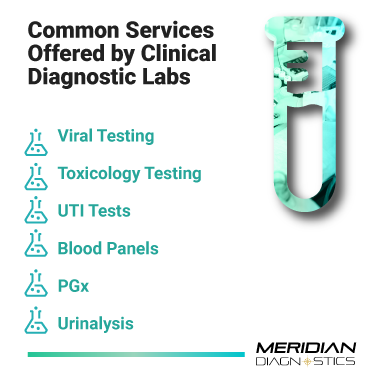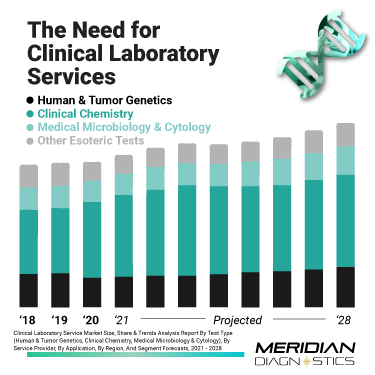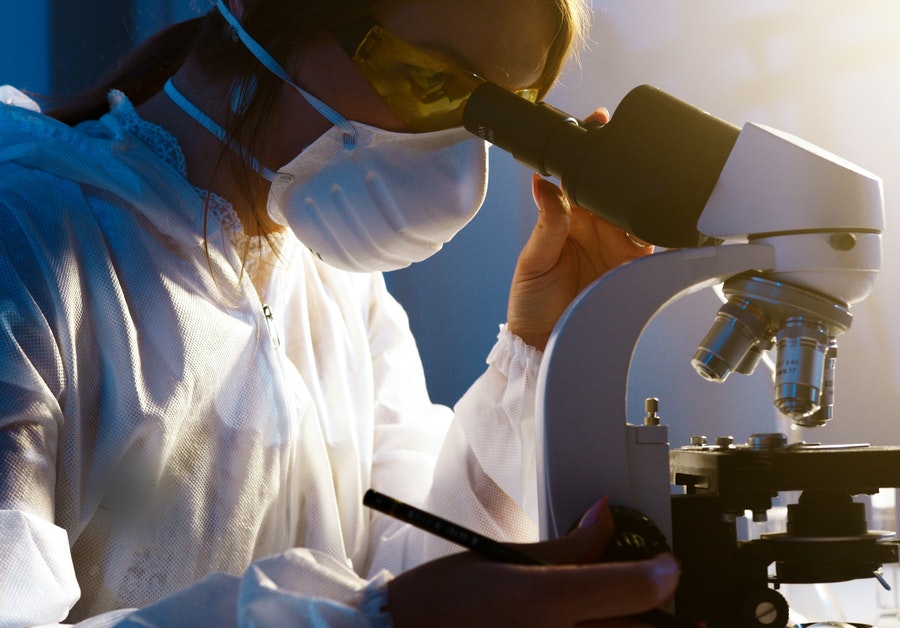The Significance of Clinical Laboratories in Healthcare
Basic healthcare starts with the physician's diagnosis of the patient's presenting symptoms and their own experience with certain illnesses and diseases. Giving the right care and treatment often relies on an accurate diagnosis. However, many different types of diseases present with similar symptoms, and sometimes, the right treatment for one illness isn't the same treatment that an illness with similar presenting symptoms requires. Therefore, the more precise a physician can diagnose a patient's disease, the better they can direct the course of treatment.
Clinical labs, with precision diagnostic equipment and advanced technology, can aid in the traditional diagnosis of patients. Physicians can order certain tests to narrow down certain diseases and rule out the causes of their patient's symptoms. With more precise information from clinical laboratories, patient health can improve.
Even primary healthcare can benefit from clinical lab assessments and help physicians catch the disease in the early stages, possibly even before a patient presents symptoms.
Quality Healthcare Relies on Clinical Labs
 Clinical lab assessments are the least invasive and most cost-effective way of diagnosing many illnesses. They also play a significant role in preventative care and early diagnosis, improving many patients' outcomes.
Clinical lab assessments are the least invasive and most cost-effective way of diagnosing many illnesses. They also play a significant role in preventative care and early diagnosis, improving many patients' outcomes.
The decisions that doctors, nurses, and other health care providers make often rely heavily on the information provided by clinical labs. These labs provide the data needed to diagnose, treat, and manage diseases and, in some cases, may be able to prevent a disease from progression, such as indicating conditions in a patient that could lead to a certain disease. For example, diagnosing pre-diabetes allows a physician to prescribe a course of treatment that would reduce the chances of the patient developing diabetes.
Nearly 85% of diagnosis and treatment decisions are made with data collected from lab results. Furthermore, an average patient's medical records are approximately 70% lab results. This gives other treatment providers quantifiable results that they, in turn, can use to provide better care for patines.
The Importance of Working With a Reputable Lab
A well-run lab is invaluable for modern physicians since so much of medicine today relies on the precise diagnoses and results from clinical labs. The perception of a diagnostic lab as just people using machines is an oversimplification. In fact, a good, reliable lab is much, much more than just pushing buttons, It means relying on safety and sterilization protocols and precise attention to detail. An oversight in a lab could significantly impact a patient's health care.
A good lab will do more than simply complete the test ordered. Great clinical labs also determine which tests should be offered to support the needs of medical staff and how it should be built electronically, so the proper tests are automatically ordered in support of the initial request. Good labs also have clear reporting of tests, allowing physicians to quickly and accurately analyze the results and interpret them for a correct diagnosis.
How Doctors Work With Clinical Labs

Information sourced from Grand View Research
Doctors and clinical labs should be a partnership. The doctor requests certain tests, and the clinical lab delivers. Many healthcare practice models, both hospitals and general care are moving to more fully integrated services, and therefore, inpatient and outpatient test results will work within these new models. Labs will play a greater role in integrated healthcare and therefore help reduce unnecessary testing and the costs associated with it.
How Patients are Beginning To Interact Directly With Laboratories
With the rise of at-home testing for everything from pregnancy to COVID, STDs, and other diseases, patients themselves are relying more and more on diagnostic labs. The average patient may not be able to interpret the complex results that a clinical lab gives to doctors, and therefore the future of lab-patient interaction should be more involved.
Meridian Diagnostic Lab – Your Healthcare Solution
When you need reliable lab diagnostics, it's essential to work with a clinical lab service you trust. Meridian Diagnostics is an accredited high-complexity clinical reference laboratory with a focus on precision techniques and reliable results. We provide services to clinics, laboratories, employers, and healthcare organizations to help healthcare providers make better-informed decisions for their patients.


